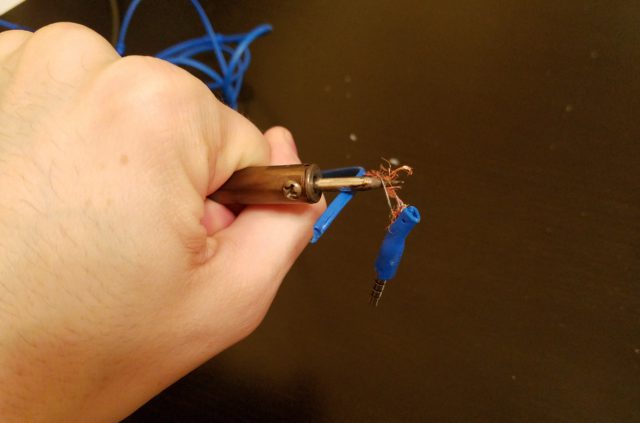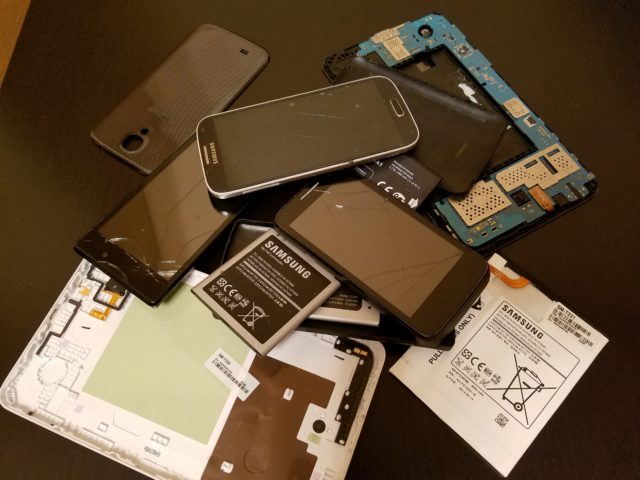Hello! In the next issue of the master's notes, I would like to talk with you about the risks that such a hobby carries with it, and about how to protect yourself from these very risks, or at least minimize them.
Let's start.
When I first started renovating, my clients were relatives and friends. Gradually, in parallel with the growth of my experience, the client base grew, which also began to include acquaintances. Then, acquaintances of acquaintances. After that, complete strangers started calling me, who learned about me 'from someone'. On the one hand, it was good, and allowed me to put my hobby on a commercial track, on the other hand, responsibility and the cost of mistakes grew. As a result, for myself, I decided not to make a source of income from a hobby and limited my clientele to only those people whom I personally know.

Image taken from lenagold.ru
At first, you are full of enthusiasm and are ready to do anything and everything, often without calculating your strength. Therefore, the very first risk that you face is failure to keep promises. In this regard, for myself, I derived the first and main rule:
- Don't promise what you're not sure of.

Even if it seems to you that the repair is expected to be trifling, and at first glance is nothing complicated, play it safe and say that you will see what can be done and will contact the owner.
After you have decided on the possibility of repair, the full cost of the repair will also be clear to you. Hence the second rule:
- Either do not announce the price before diagnostics, or give very approximate figures with wide boundaries.

Image taken from the site allegri-pc.ru
An important parameter that affects your reputation will be the ability to find the right spare part on time. Name the repair time only when you are completely sure that you or your supplier have the necessary spare part (he booked it for you and it is working). The third rule:
- Check availability and book a spare part right away.

Once you are ready to begin your renovation, consider how long it will take you, provided that you are not in a rush and the renovation does not interfere with your other plans. In other words, make sure you have enough time for such a renovation, taking into account all the possible surprises in the process. Therefore, the fourth rule will be:
- Name the real terms in which you are one hundred percent sure.

It would seem that if the four previous rules are followed, it's time to start repairing. But it was not there. If you are dealing with family or friends, and your relationship is built on mutual respect and trust, then no problem. If this is not the case, and your client base goes far beyond the immediate circle, I highly recommend that before accepting for repair, make a description of the device being repaired, either on paper or orally with a witness you trust. This will avoid the situation when the client will think that he gave you a phone with a memory card and a SIM card, and you will verbally assert the opposite. Given these nuances, the fifth rule reads:
- Make a detailed description of the device.

If you decide to put the case on stream and carry out commercial repairs for everyone, I highly recommend getting a tripod and filming the first parsing of the device with commentary on what is happening. Believe me, this will save you from serious troubles, including problems with the law. Imagine a situation – they brought you a device for repair with a diagnosis – it does not turn on. You have accepted the device, made a description, negotiated the terms and conditions and start working. Open it, and instead of a battery and a motherboard, there is a plastic block of a suitable size and weight. What will you do when a client starts asking for a work phone? The sixth rule will help you to avoid this situation:
- Filming the repair on video.

Conclusion
These six simple rules that I try to follow will help you keep your time, money, and nerves in order.
Among other things, there is another principle that I have repeatedly tested in practice, and which I always try to follow – do not rush. Even if it seems to you that you know how to repair this particular device, do not rush. It is better to waste a few extra minutes than rebuild it later, or buy another part, or, even worse, explain to the customer why his phone will no longer work.

Image taken from www.ridus.ru
The beauty of these rules is that most of them will be useful not only for repairs, but can also help in everyday life.
Unfortunately, it is not always possible to follow all the rules. I have had situations in which the circumstances were not the best for me, and some of the rules had to be ignored. Sometimes it had no consequences, sometimes the opposite.
Many devices were ruined only because, relying on experience and skill, I began to rush. It so happened that he himself drove himself into the time frame, arrogantly promising to quickly make a phone / tablet, and then it turned out that I simply would not have time to do everything …

Over time, the stuffed cones began to turn into the rules that I wrote about above.
I hope such fears, which I wrote about, did not diminish your enthusiasm to try to repair devices and become a real master.
Do not fill cones, and easy repairs to you.
